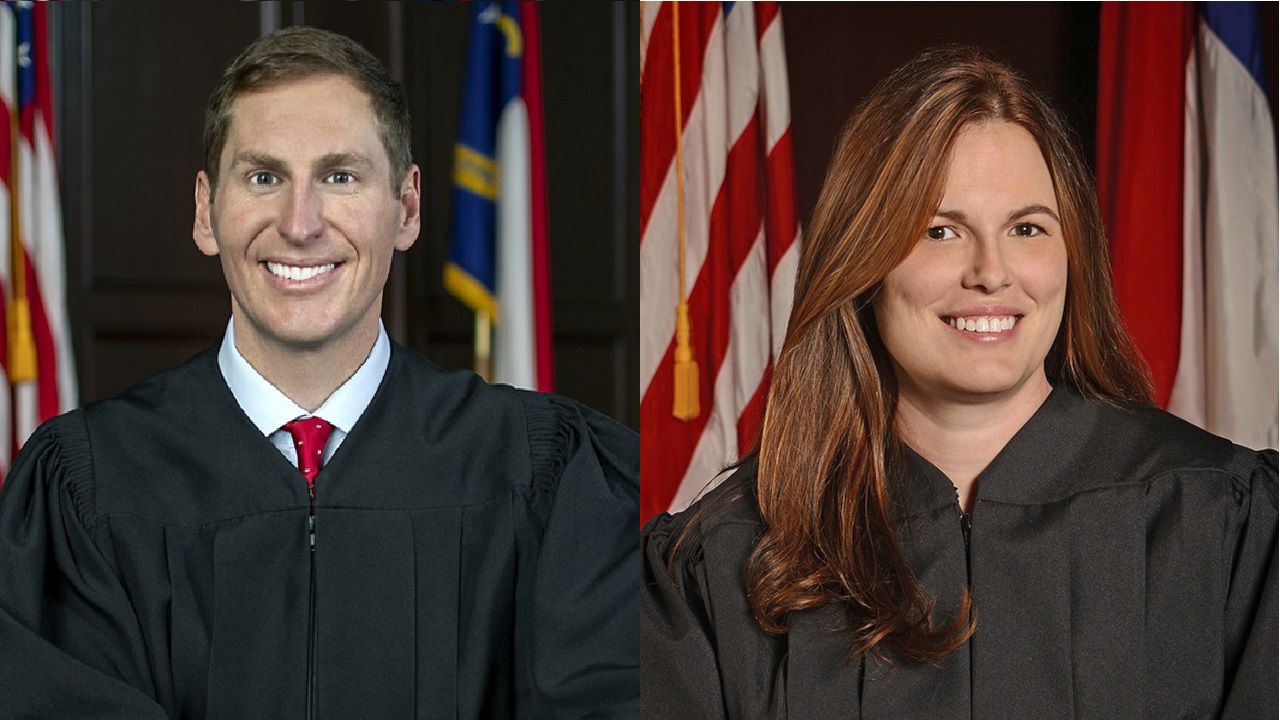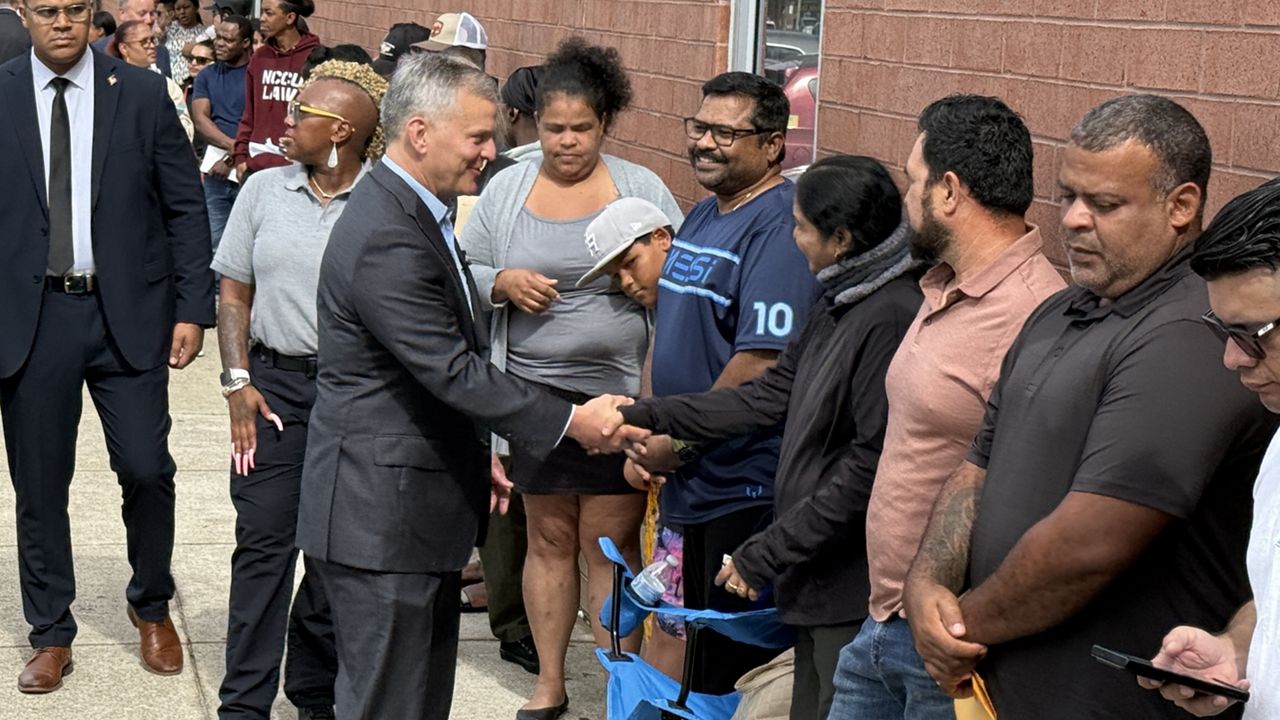State Supreme Court Associate Justice Allison Riggs recently spoke out for the first time since being sworn in to her seat on the state’s highest court.
Riggs talked to Capital Tonight host Tim Boyum about the journey to get to where she is now.
“I’m very grateful this is settled,” she said. “I’m grateful for everyone who has stood behind me in the last six months.”
After her appointment to the high court in 2023 by Gov. Roy Cooper, this was the first election for Riggs, and a learning experience, she added. But little did she know the high court race was the last election from November that would remain undecided — in the nation.
Earlier this month though, Jefferson Griffin said that he would not appeal a federal judge’s decision favoring Riggs, conceding the race.
“There were times when it was very trying, but I am so heartened by the importance that people treated this with, and the importance it created on how important judicial elections in this state are,” Riggs said.
And even though she won the race, Riggs said what happened the past six months can’t simply be swept away.

“It wasn’t OK for the voters who were the subject of it. It’s not how I think North Carolinians want to see elections happen in this state. Most importantly, the relief being sought violated the constitution, and I said that from day one,” she said.
While the litigation was being worked out, the state constitution says the incumbent serves the role until the race is determined. Here, it was Riggs, so she said she continued to give her work her full attention, while recusing herself from cases involving the race.
Though the contested election took six months to decide, another North Carolina race took some time longer.
Boyum, who also hosts the podcast Tying it Together, recently sat down with former N.C. State Superintendent June Atkinson. She details her experience of waiting until August of the following year before finding out who the General Assembly decided on.
“They were very deliberate because they realized that this could happen again. So they wanted to make sure it was fair,” she said. “In the law, it was stipulated that there would be a paper ballot. You’d have to have a convening of the Senate and the House, and they would declare the winner.”
But, as she says in the podcast, the bill had to be ratified, or made official, by the governor first.
Though Riggs said she hopes to be out of the political headlines, she wants to continue being a guiding educational force in the public.




)



